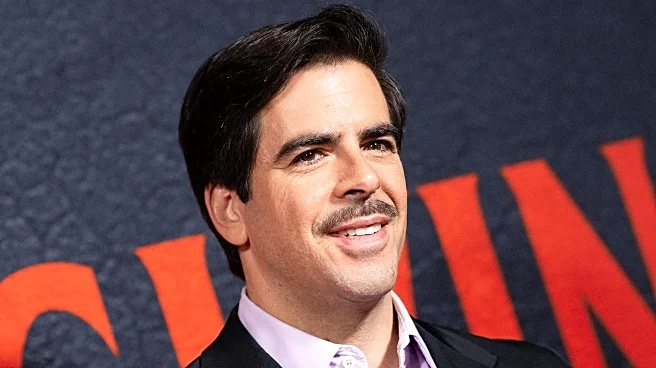Rapid Read • 8 min read
President Trump has signed an executive order to revive the presidential fitness test, a program originally from the 1950s, aimed at promoting youth fitness. The initiative, which includes activities like sit-ups, pull-ups, and a mile run, is being reintroduced as part of Trump's broader agenda to emphasize traditional values. The announcement was made with the presence of Paul Levesque, known as Triple H from professional wrestling, and other figures from the sports and entertainment industry. This move has drawn criticism for its nostalgic approach, which some argue does not address the current challenges to children's well-being, such as mental health and nutrition.
AD
The revival of the presidential fitness test highlights a significant shift in public policy towards a more traditional view of physical education. Critics argue that this approach overlooks modern health challenges and the importance of a holistic approach to fitness that includes mental health and nutrition. The decision also reflects President Trump's tendency to dismantle initiatives from previous administrations, such as those led by President Obama, which focused on comprehensive health and fitness programs. This move could influence public schools and youth programs across the country, potentially affecting millions of children and their approach to health and fitness.
The reintroduction of the fitness test may lead to changes in school curriculums and youth sports programs. Stakeholders, including educators, health professionals, and parents, are likely to debate the effectiveness and relevance of the test in today's context. There may also be discussions on how to integrate modern health challenges into youth fitness programs. Additionally, the involvement of figures like Triple H and other sports personalities could influence public perception and acceptance of the initiative.
The decision to revive the fitness test raises questions about the role of nostalgia in policymaking and its impact on current societal needs. It also highlights the cultural and political dimensions of health and fitness, as well as the influence of entertainment figures in shaping public policy. The initiative may prompt a broader conversation about the values and priorities in youth education and health programs.
AD
More Stories You Might Enjoy













